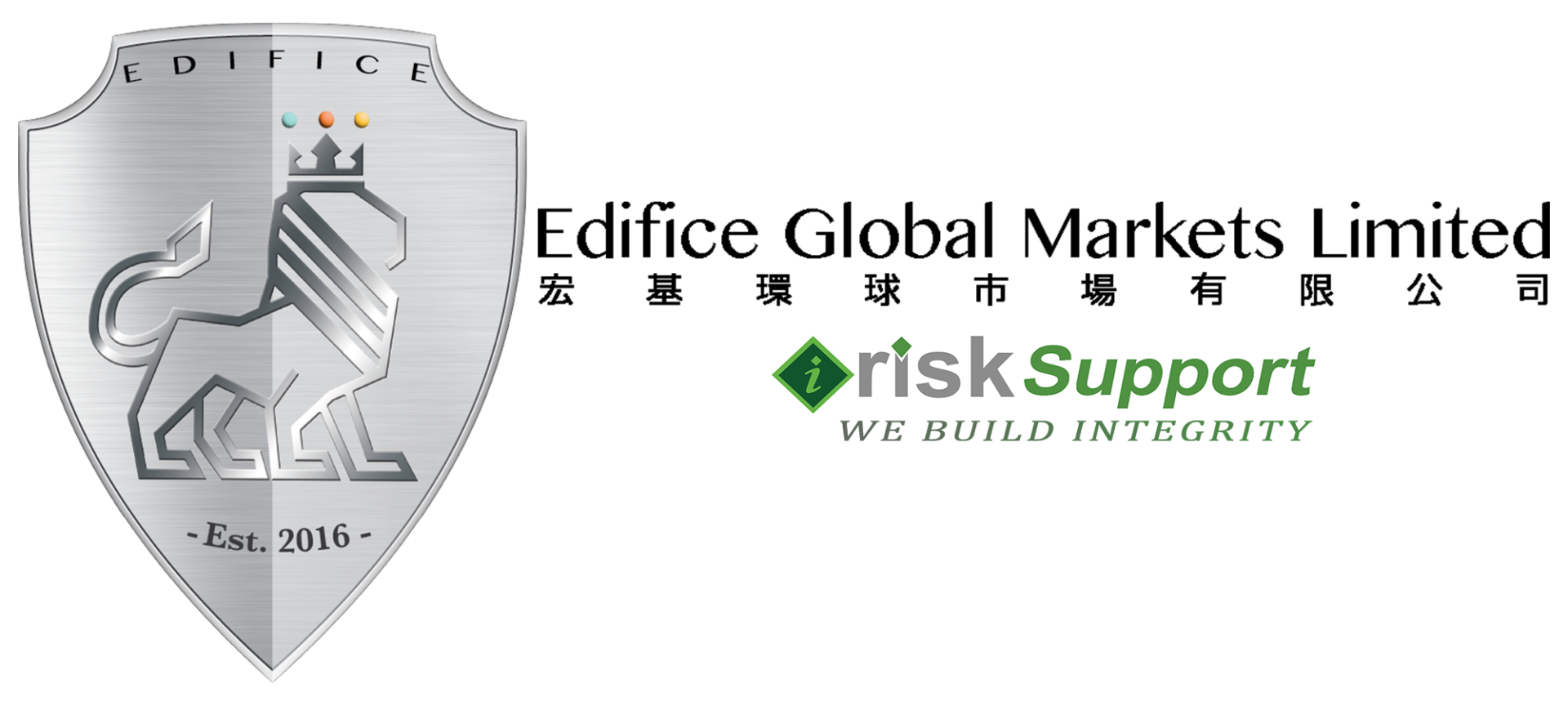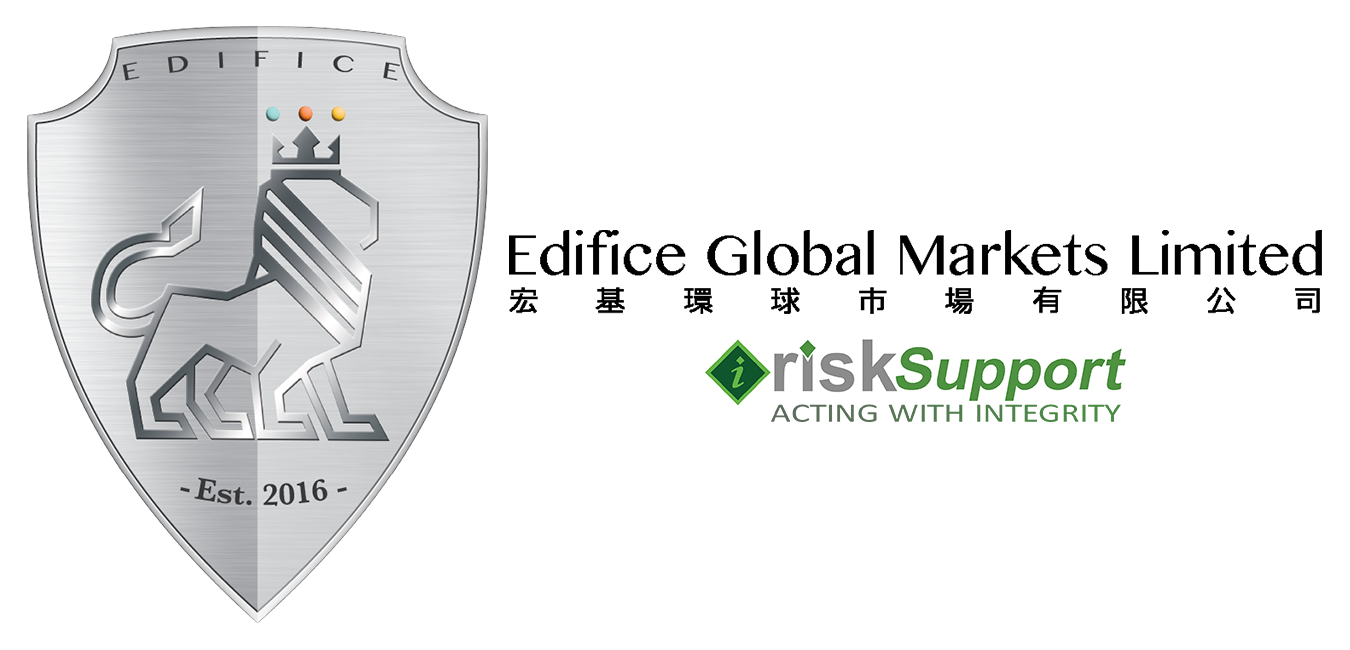Due Diligence
Due diligence involves thoroughly investigating and verifying information about individuals, entities, transactions, or business relationships. It is essential for assessing risks and ensuring compliance with regulatory standards, particularly in fields such as AML, CTF, and Know Your Customer (KYC) practices.
Dual-Use Goods
Dual-use goods refer to items, materials, or technologies that can be used for both civilian and military purposes. These goods have legitimate civilian applications but can also be repurposed for military or proliferation-related activities. Examples include chemicals, electronics, software, and manufacturing equipment.
Dilution of Sanctioned Ownership
Complex ownership structures involving several organisations in different countries can lower the percentage of a business held by a sanctioned party to levels that would impede transactions. This dilution enables a sanctioned country or entity to bypass the sanctions’ constraints.
Designated Non-Financial Businesses and Professions (DNFBPs)
A diverse group of entities or individuals involved in activities outside the traditional financial sector but potentially exploited for money laundering, terrorist financing, or other illicit financial activities; regulatory authorities designate these businesses and professions and are subject to specific AML and CTF regulations.
DORA
The Digital Operational Resilience Act (DORA) is a regulation by the European Commission that establishes a comprehensive framework for the operational resilience of the digital sector, including financial services, across the European Union (EU). DORA seeks to enhance company’s ability to withstand and recover from cyber threats and incidents, ensuring the continuity of essential services […]
Dynamic Customer Risk Scoring
Dynamic customer risk scoring is a methodology institutions use to assess the risk associated with individual customers in real-time or periodically based on their behaviour, transactions, and other relevant factors. Unlike static risk scoring, which assigns a fixed risk level to customers, dynamic risk scoring adjusts the risk level dynamically as new information becomes available.
Delivery Channels
Mode of a financial institution and affiliated enterprises supply products and services to their customers (servicing methods and distribution channels). For example, reliance upon brokers, intermediaries, and other independent third parties poses a higher sanctions risk than when a business interacts directly with customers and suppliers. The absence of face-to-face onboarding presents a higher risk […]
Delisting
Removing a sanctions target from a list after the restrictions imposed on them have been removed or another terminology known in the forex exchange delisting removes a quoted security from an exchange. Delisting can either be voluntary or involuntary.
Deep Fake
A deep fake is a synthetic media — typically video or audio — that uses artificial intelligence and machine learning techniques to create realistic but fake representations of people. Deep fakes can manipulate existing images, videos, or sounds to make it appear that someone is saying or doing something they never actually said or did. […]
Dataset Provider
A dataset provider is an entity that gathers, compiles, and supplies datasets containing relevant information such as sanctions lists, politically exposed persons (PEPs) data, adverse media reports, and other sources of information pertinent to AML and CFT compliance.

